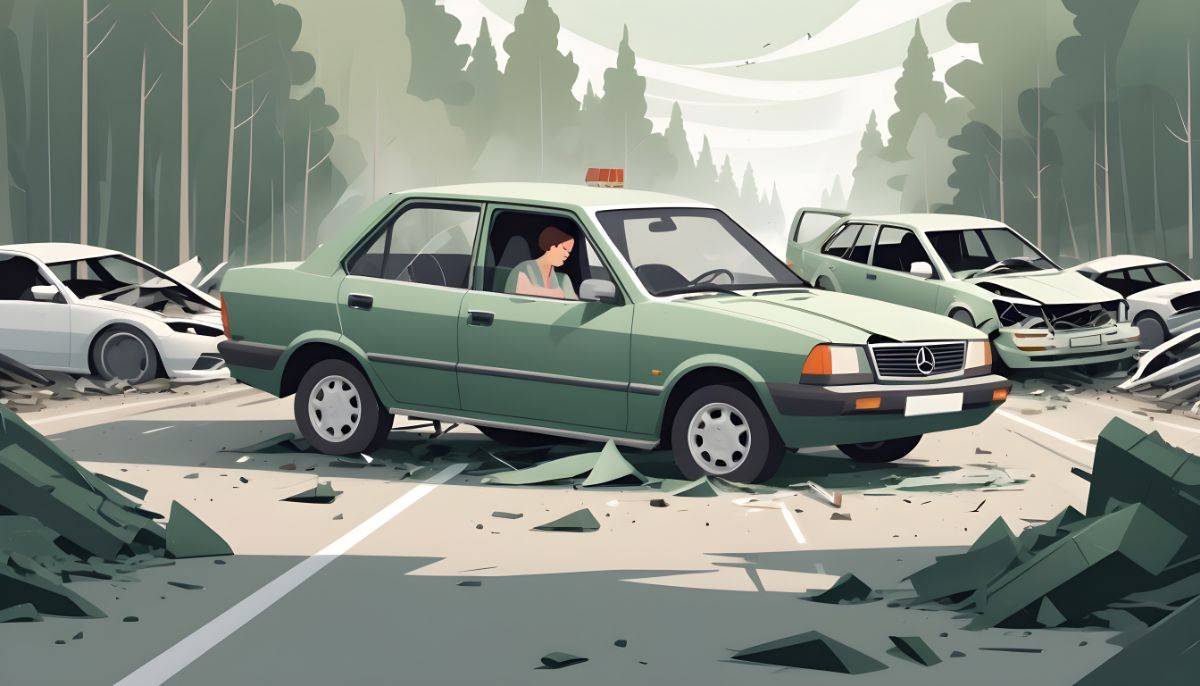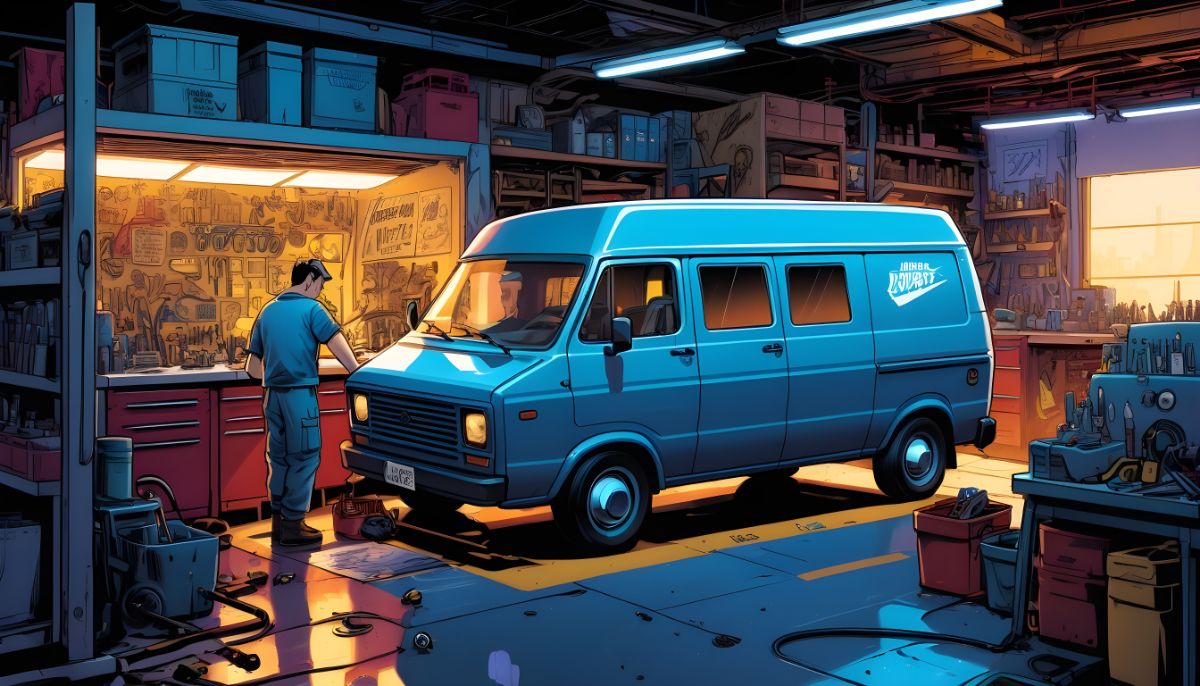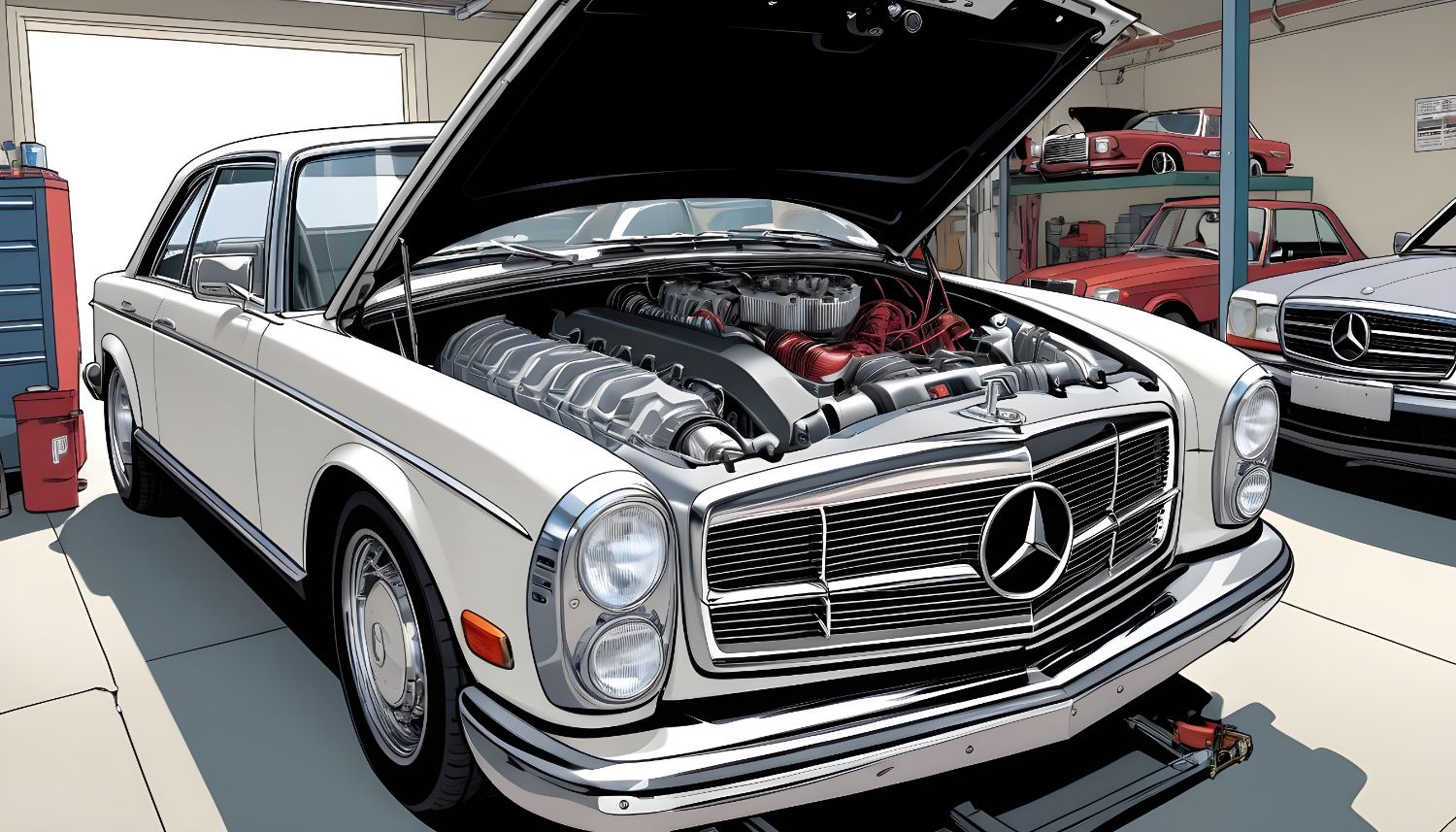
Buying a car can be an overwhelming and stressful experience. You want to make sure you have done your research and know what car will suit your needs best before signing the paperwork for car ownership. This article will look at six crucial things that should be on every buyer’s checklist when going car shopping.
1. Know the size of car you need
What size of car do you need? Do you have car seats for carpooling?
What is the maximum number of car seats that can be installed in your car’s backseat or trunk?
Do not forget to consider things like how many passengers will fit comfortably and if there are adults with car seats.
If it seems too difficult to figure out what size car fits your needs, ask a salesperson at a dealership!
Car dealerships know car sizes inside and out!
A car dealership is the best place to start when looking for a car because they have an extensive inventory of vehicles. The salesperson at a car dealership will also be able to answer all your questions about what size car fits your needs or if there’s anything else you should consider before buying.
2. Decide if you’re going to buy or lease the vehicle
Buying vs. leasing is the first significant decision car buyers must make.
Leasing is more straightforward, cheaper, and more accessible because it involves less money upfront, and the car can be turned in at any time if you no longer want it. Still, there’s often a significant difference in price between leasing contracts three or four years long vs. those that last for six or seven years.
If you are a Volkswagen enthusiast, you can lease a car with VW credit and drive it for as long as you need. You can take advantage of some of the best VW Toas deals in town and go away with a car. Finding a perfect deal gives you a chance to drive luxury, performance, and hybrid vehicles that would be out of their budget if they had to pay for the car in cash.
Buying, on the other hand, means more responsibility. You’ll have to take on car payments each month until your loan gets paid off in full; you’re responsible for maintenance, repairs, insurance costs (and higher gas usage).
3. Research and compare prices for new cars
It’s essential to do your research and compare car prices. There are many car dealers to choose from, so you should take some time to look at all cars before making a decision.
The same goes for car deals – there’s always new car offers available, so make sure you’re up-to-date with the latest news about car sales. Remember also that it is not just about the price of the car; you will need insurance and fuel costs (which may be more expensive than what you pay now).
The internet is a great way to research car prices and car deals, so make sure you visit car dealers’ websites or go online to search for the best offer.
Check whether some offers can be reserved by taking out an interest-free deal with the dealer – this will help if you are not quite ready to buy yet.
4. Be realistic about what features are important to you and which ones are not
Every vehicle model has different features. Some of them are more popular, while others are just there as an add-on. For instance, if you don’t care about having a car with heated seats or remote start, then that is nothing to worry about, and it won’t impact your car buying decision either way. But if those things matter to you because they make the car ride feel better for passengers or provide some other kind of stress relief for drivers, then be sure to factor in their cost when comparing shopping different models from various dealerships before making your final car purchase decisions.
5. Find a reputable dealer with a good reputation
There are many car dealers out there with varying levels of quality and customer service. It’s crucial to find a car dealer you feel confident in before diving into the car-buying process.
You should:
– Find car dealers near you
– Get recommendations from friends or family members who have recently bought a car
– Ask your car insurance agent for their opinion on reputable car dealers in the area. They’re experts and will likely know of all the best places to go looking for a new car.
6. Test Drive Models You’re Interested In
Although most people ignore it, you should test drive cars that interest you before committing to anything else.
You can’t get a sense of how well your car handles on roads and highways by just looking at it in its spotless condition in the dealership lot – so take it for a spin!
If there are other models close to what would be best for you, go ahead and give them some road time, too; they may have features that make them better than those on your list after all!
Before taking off into the open highway with any car model, ensure that:
- your seat is correctly aligned with pedals if applicable
- you’re buckled up nicely
The tips we’ve shared with you today are a must consider when taking the step to buy your next car. Follow these simple steps and have more confidence in yourself as a buyer, making sure that you make the best decision for both your wallet and what will work best for your lifestyle going forward.




